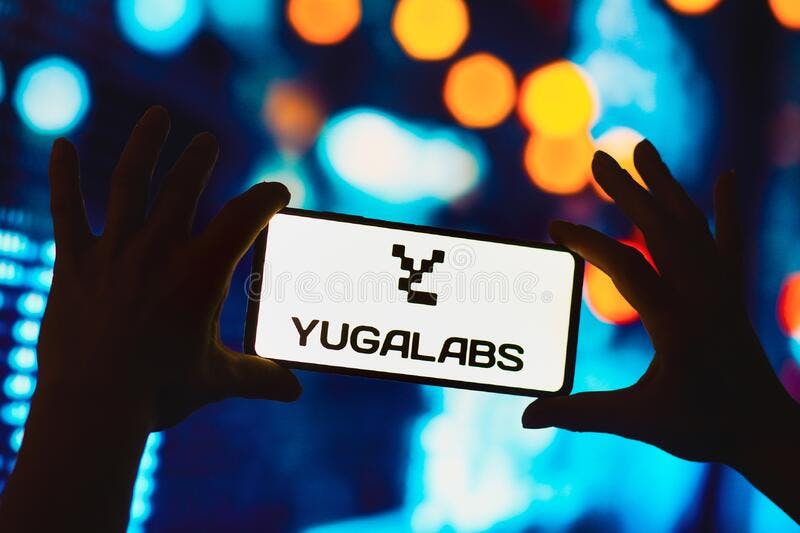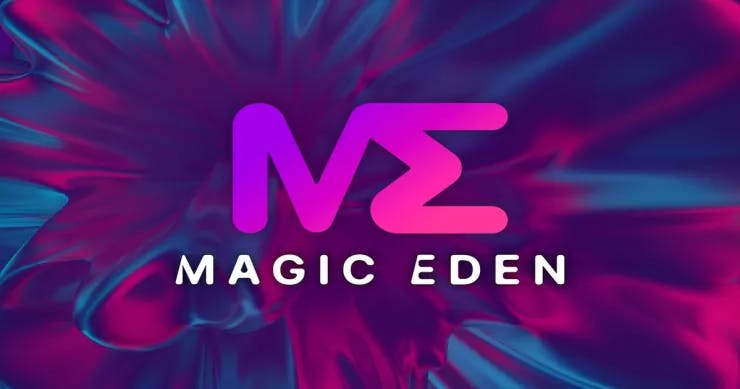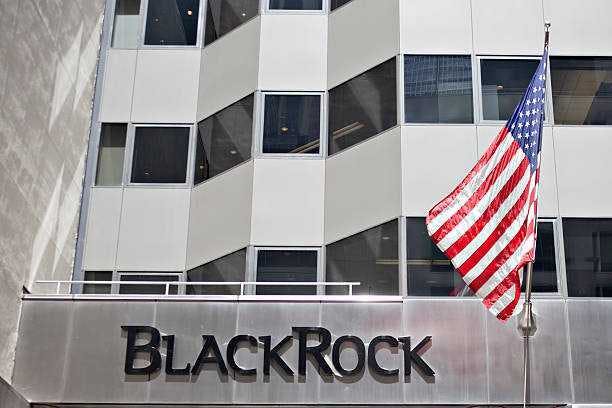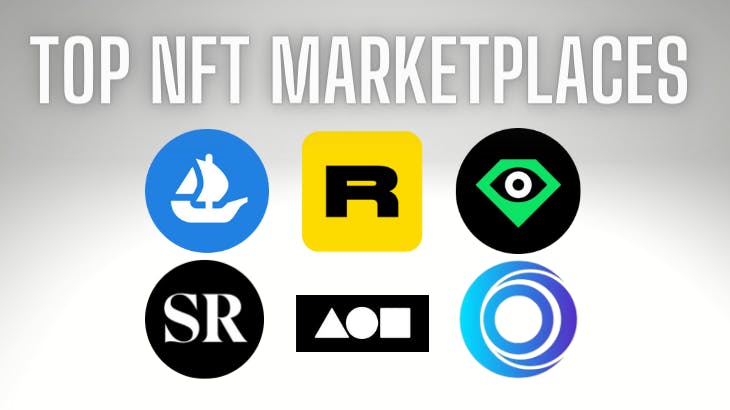NFThailer Daily Roundup - October 17, 2022

NFTHailer Daily Roundup
Hello fren. As you prepare to step into the rigors of the new week, here's a roundup of how it happened in the NFT world over the weekend.
Mixed Reactions As Magic Eden Adopts Optional Royalties
Solana-based NFT marketplace Magic Eden has announced that it will adopt the Optional Royalties model for its collections, citing a shift among NFT buyers towards NFT marketplaces that use this model as the reason for the decision.
In a Twitter post on October 15, Magic Eden confirmed that the decision to move towards optional royalties, which involves buyers having the power to set royalties for NFT creators or even bypass it altogether, came about "after some difficult reflection and discussions with many creators".
This decision, the second by a big marketplace since X2Y2 in August, has been met with mixed feelings by the crypto community, with some, such as Beeple, tagging it a "sustainable" move, while others such as Broccoli DAO maintaining that "not paying royalties is theft".

SEC Opens Probe Into Yuga Labs Ahead Of APE Staking Plans
The US Securities and Exchange Commission has opened a probe into NFT's highest-valued company, Yuga Labs Inc., in a bid to determine whether sales of its digital assets violate federal laws of stock disclosure, per Bloomberg.
There are suggestions this probe comes following the regulator noting plans to stake Apecoin (APE) on October 31, although Yuga Labs has reiterated that it is not involved in the running of the Apecoin DAO.
"It’s well-known that policymakers and regulators have sought to learn more about the novel world of web3. We hope to partner with the rest of the industry and regulators to define and shape the burgeoning ecosystem," Yuga Labs said in its statement.

Metaverse Platforms Hit Back Over Reports of Low Daily Active Users
Metaverse projects have hit back at reports of low Daily Active Users (DAUs) following backlash over a publication by Coindesk where it quoted DappRadar data to suggest huge dichotomies between active users and valuations.
While DappRadar explained why it counted 38 daily active users on Decentraland and 512 on Sandbox in a blog post, Decentraland and other Metaverse projects have explained that users in the metaverse perform activities without formally interacting with a blockchain, hence leading to lower active user numbers.





